Your lateral collateral ligament (LCL) is a narrow and strong ligament located on the outside (lateral aspect) of the knee. It is one of the four ligaments that stabilise the knee joint, alongside the Medial Collateral Ligament (MCL) and the anterior and posterior cruciate ligaments within the knee. It connects the top of the shin bone (tibia) to the bottom of the thigh-bone (femur) and works to resist forces applied to the inside of the knee (varus forces), such as when a ball hits the inside of the leg or knee. This is much less common than impact to the outside of the knee, meaning LCL injuries occur less frequently.
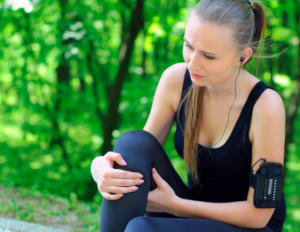 LCL
injuries occur as a result of stretching and stressing the ligament past the point that it can safely handle. Often this results from excessive
force to the inside of the knee (varus
force)
and various twisting motions at the legs and knees. Examples include:
LCL
injuries occur as a result of stretching and stressing the ligament past the point that it can safely handle. Often this results from excessive
force to the inside of the knee (varus
force)
and various twisting motions at the legs and knees. Examples include:
Those with muscle weakness, ligament laxity or a history of knee injuries are typically at a greater risk of sustaining an LCL injury.
The different levels of severity of injury include a ligament sprain, a partial tear, or a complete rupture. Symptoms can include:
When the injury first occurs, it’s important to stop physical activity and avoid walking on the affected knee where possible. Following the PRICE principles (protection, rest, ice, compression and elevation) can help reduce the initial pain and swelling. If you have had a rupture or significant tear to your LCL, you may require sYou must haveyou have a diagnosis to confirm the extent of your injury, which may involve having an ultrasound, x-ray or MRI imaging. Your podiatrist can help you gradually rebuild the strength in your knee and surrounding muscles, and improve the range of motion in the joint, which will likely be restricted following your injury. This will likely focus on strengthening your quadriceps, hamstrings, calves, hips and pelvic muscles. Your podiatrist will work with you to both help your recovery and reduce the risk of re-injury in the future. This may look at the use of orthotics to control motion at the feet and legs, assessing the stability of your footwear, assessing your walking/running technique, teaching you how to strap your knee when needed, bracing, and physical therapy (strengthening and stretching).
.png)
Since introducing shockwave therapy, we’ve helped many of our patients avoid surgery for certain conditions. Here's what you
need to know about shockwave treatment and how it works.
.png)
This Mother’s Day, consider a practical, medically safe, and confidence-boosting gift: a professional KeryFlex nail restoration treatment. It’s a simple, effective, and medically safe way to instantly transform the appearance of toenails.

In some cases like arthritis, continuing to stay active is one of the best things you can do for your joints. Is the same true if you're in pain or have an injury?

A stroke is New Zealand's second single biggest cause of death and a leading cause of serious adult disability. Here's how podiatry can help in your rehabilitation.
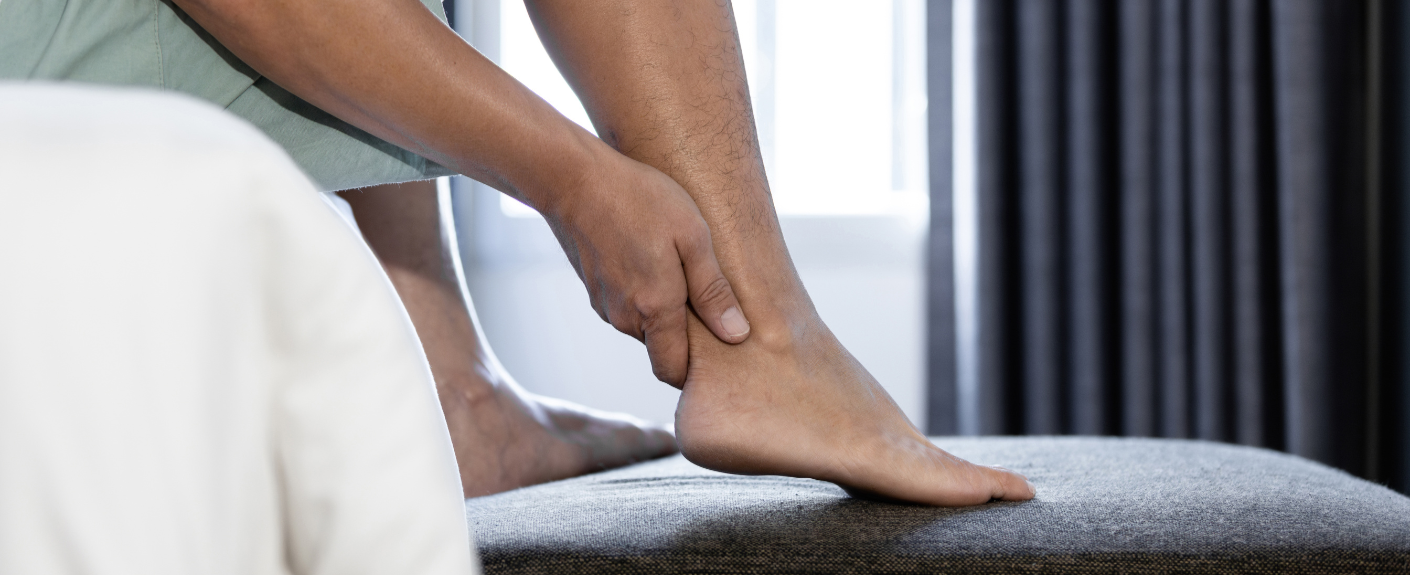
Shockwave is a fantastic treatment for Achilles injuries and Achilles heel pain. Here's how it works and how our podiatrists use it.
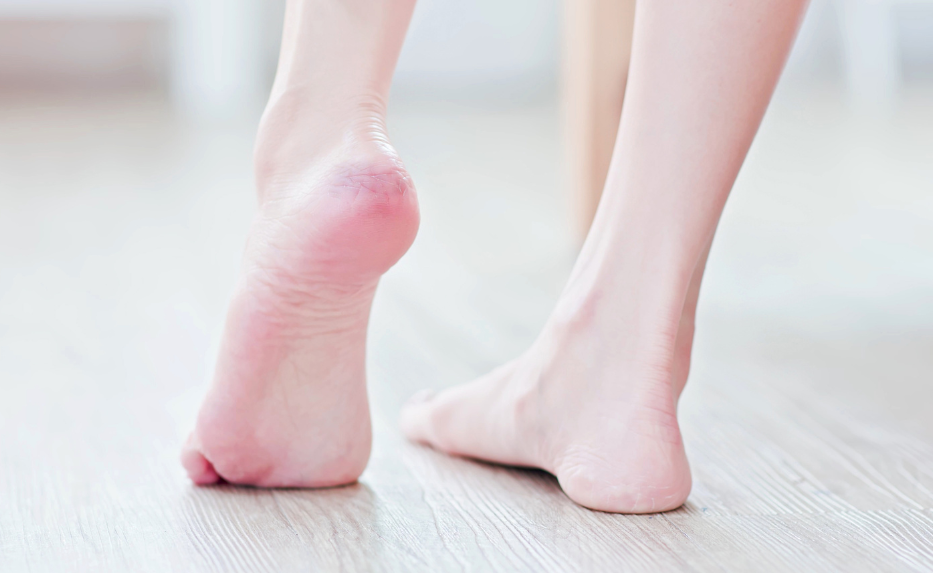
How does shockwave work to relieve foot pain? Here's how it helps you, and how our podiatrists use it at our Remuera clinic.
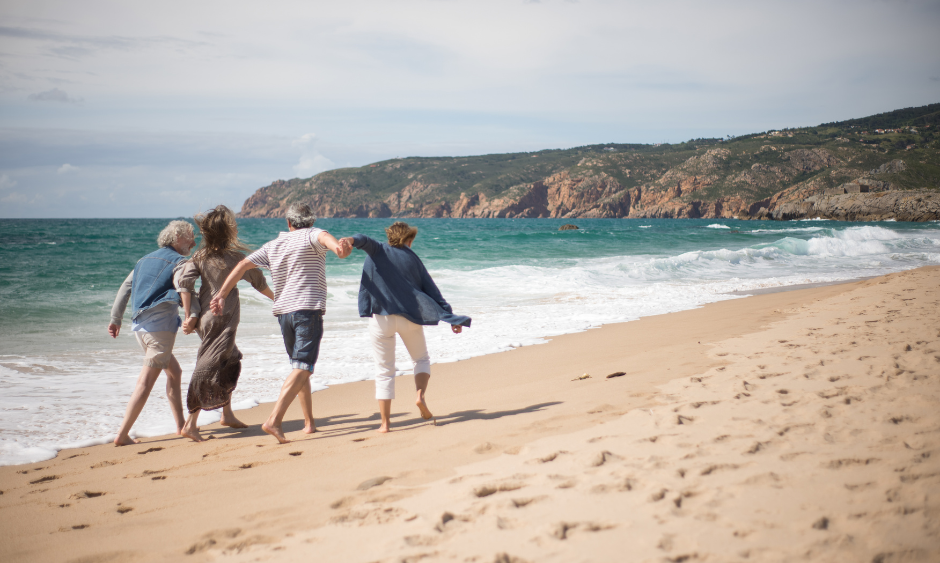
How do you go through the holidays and family visits while keeping up your strength and fitness? Here are five ways.
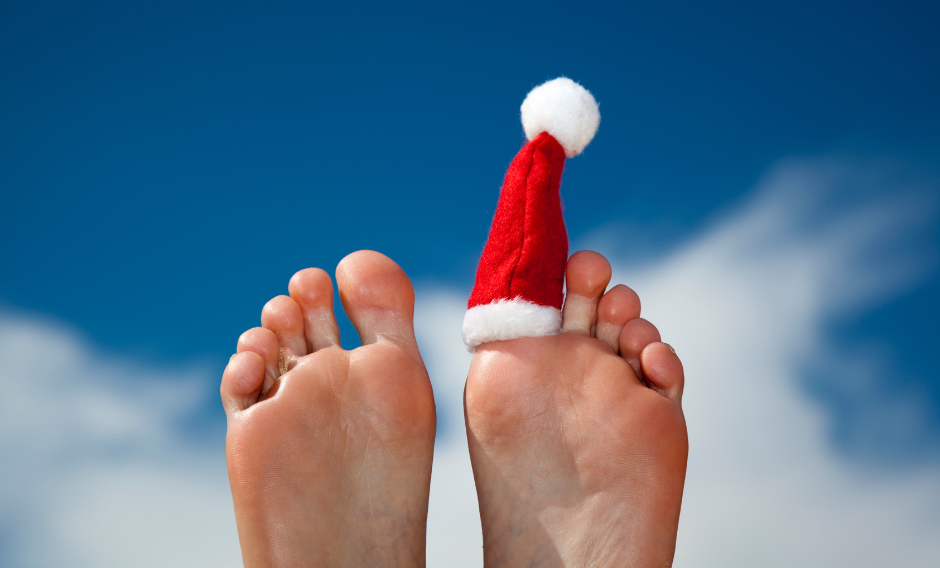
Help your loved ones stay on their feet for years to come with a podiatry appointment. Here's how it can help.
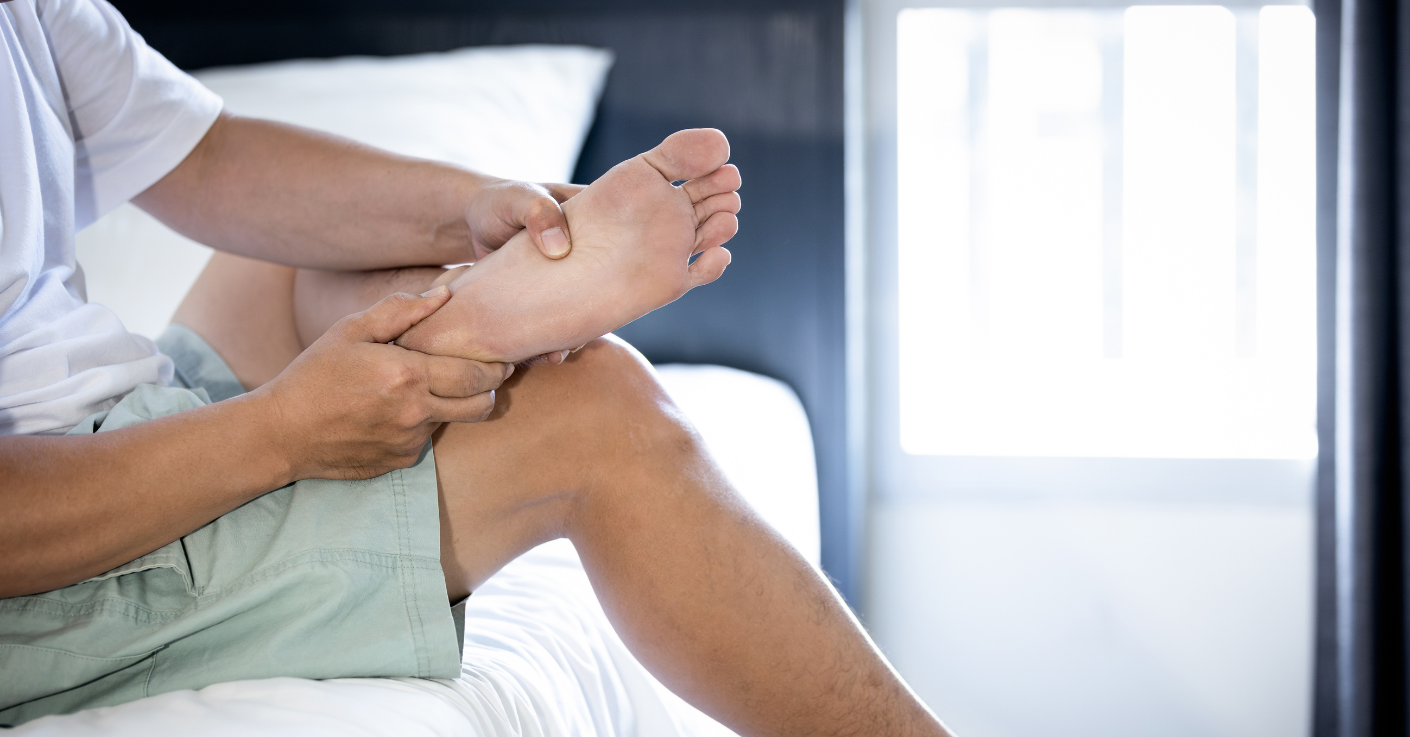
We’ve welcomed the Nu-Tek low-level laser into our podiatry clinic. Here's how you tell if it could be the answer to your foot
pain.
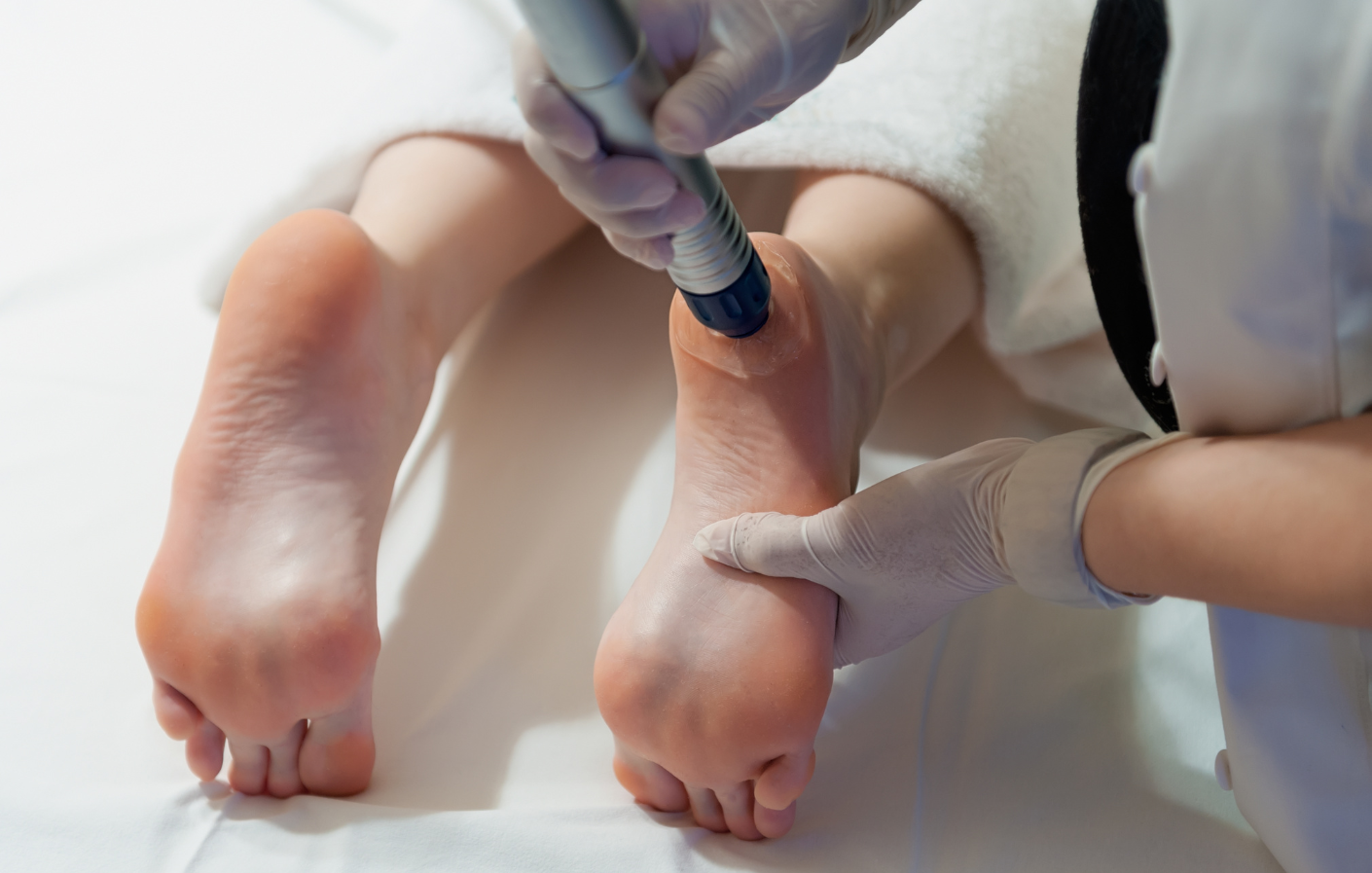
Otherwise known as radial pressure wave therapy, shockwave therapy is a device held by our podiatrists and positioned against your foot or leg at the site of your injury.
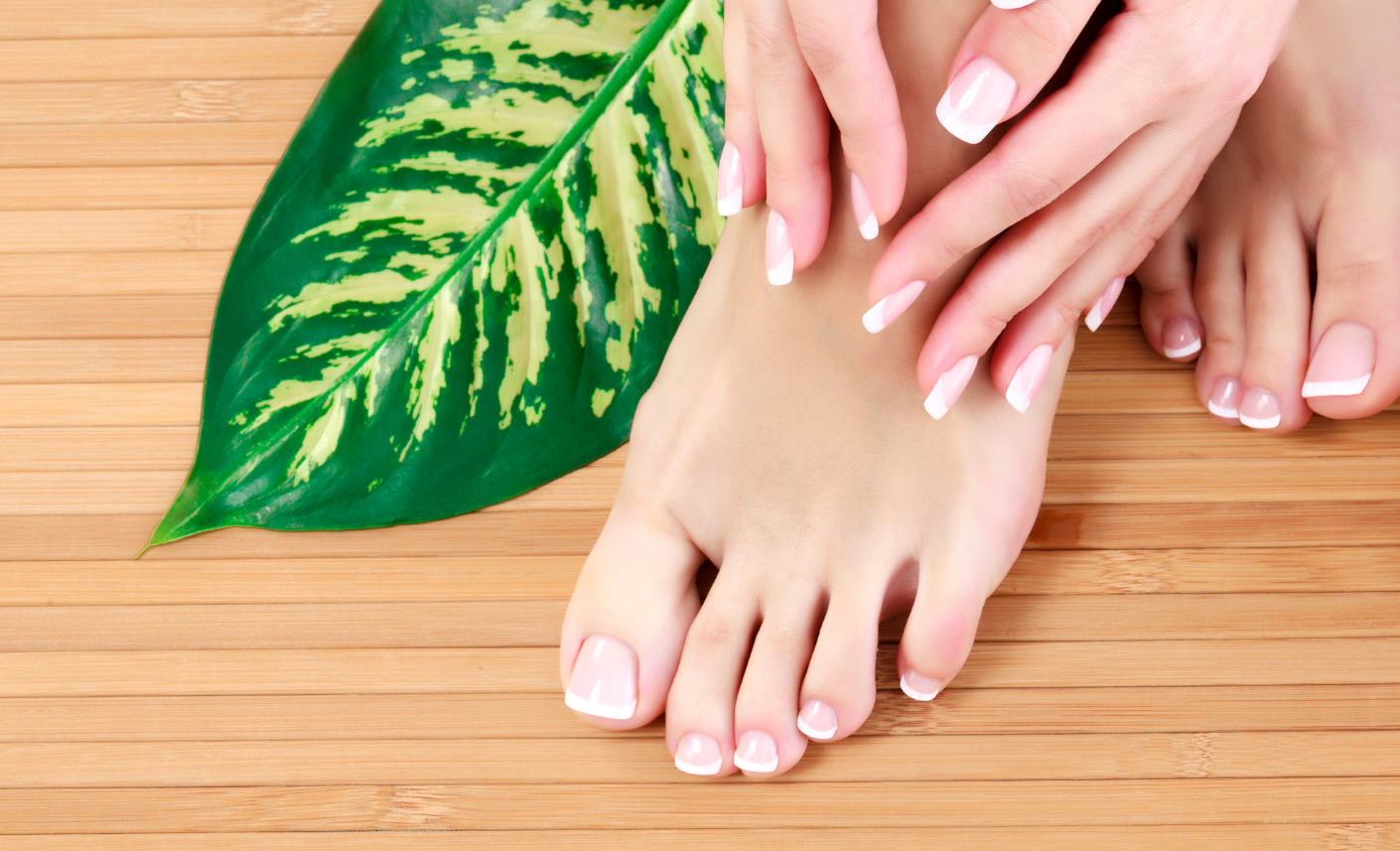
We can transform the appearance of toenails to look healthy and clear in three ways, and as fast as in one appointment. Here's how.
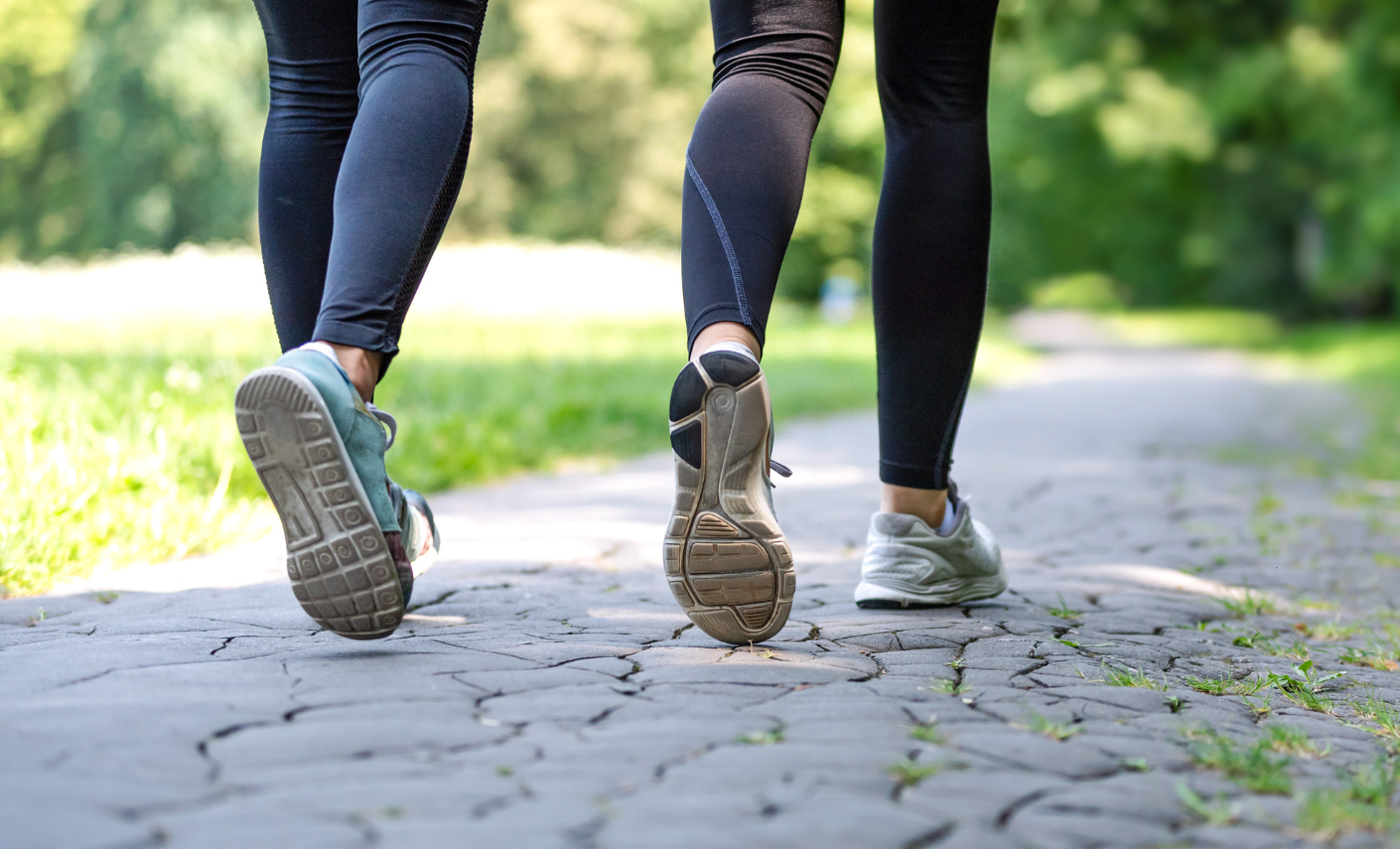
Tingling or numbness in your feet and legs during or after exercise can be an odd sensation. If you’re prone to experiencing it, the most common reasons are related to pressure on nerves or problems with your circulation.
Keeping your family on their feet and helping them to walk, run, play and exceed their goals is why we love getting up in the morning.
Ground Floor, One Health Building
122 Remuera Rd, Remuera
Auckland 1050, New Zealand
| MON - FRI | 7:30am – 6:30pm |
| SAT | 8:30am – 4:30pm |
| SUN | Some availability |
Make an Appointment
Online Schedule